Digital Nomad Visa For Serbia (Self-Employment Visa)
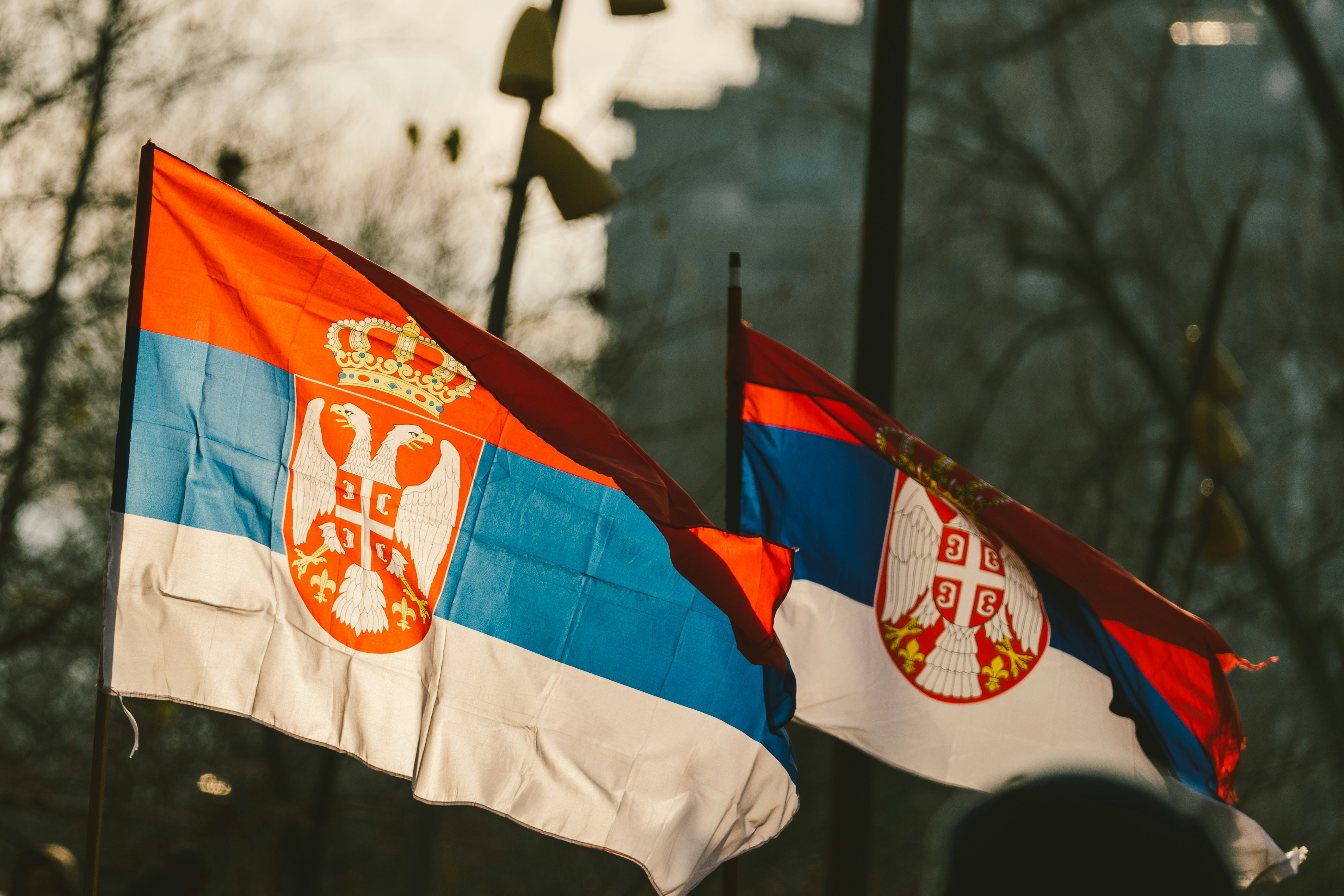
Quick Visa Facts
Visa length Up to 1 year (single permit up to 3 years)
Possible to extend? Yes, if business remains active.
Who can apply? Foreign nationals running their own business.
Minimum Income Requirements ~$4,800–$6,000 USD per year
Time for visa applications Visa D: 15–30 days; Residence/Single Permit: 30–60 days
Want to know if you can apply?
Complete a visa quiz and see if you qualify!
Looking to live and work remotely in an exciting European destination? While Serbia doesn’t currently offer a dedicated digital nomad visa, the Self-Employment Visa is the best pathway for freelancers, consultants, and entrepreneurs who want to base themselves in the country while legally working online. Or running their own business.
In this guide, we’ll cover everything you need to know about obtaining a self-employment visa in Serbia: how the application process works, what qualifies as self-employment, the timeline, and tips for making your move smooth and successful.
Whether you’re a digital nomad, small business owner, or investor, Serbia provides a clear legal framework for establishing your business, obtaining the appropriate visa, and living and working legally in this dynamic Balkan market. According to the official Serbian portal, running a business counts as a valid purpose of residence under employment, making this visa the closest alternative for remote workers seeking a base in Serbia.
Serbia Self-Employment Visa Overview
For digital nomads and remote professionals seeking a base in Europe, Serbia’s self-employment route is currently the best legal option. While Serbia doesn’t offer a dedicated digital nomad visa, this pathway allows freelancers, consultants, and entrepreneurs to live in Serbia while legally running their own business or online work activity. According to the official portal, establishing a business in Serbia counts as a valid purpose of residence under employment.
Although not officially called a “Self‑Employment Visa,” the practical effect is the same: you can obtain a long-stay visa (Visa D) based on self-employment, or apply directly for a temporary residence plus work permit (single permit) if you meet the requirements. The single permit can be issued for up to three years, providing a stable and legally compliant framework for digital nomads and entrepreneurs.
This route is intended for those who want to actively manage their own enterprise rather than work as an employee. You can register as a sole proprietor, a shareholder in a company, or another recognized business structure, which then allows you to live and operate in Serbia legally.
Who Is It For?
This visa is for foreign nationals who plan to establish and manage their own business in Serbia rather than work for a Serbian employer. It applies to those who are:
Registering a company or becoming an entrepreneur or sole proprietor in Serbia.
Using business ownership or self-employment as the basis for their stay, with activity registered through the Serbian Business Registers Agency or equivalent.
Planning to stay longer than short-term visits and actively engage in their business.
What Does It Allow You to Do?
With this self-employment route, you can:
Obtain a long-stay visa (Visa D) if your country of origin requires it for extended stays.
Apply for a temporary residence permit or a single residence plus work permit based on self-employment.
Legally reside in Serbia while managing, owning, or operating your registered business.
Conduct active business operations, not just passive investment; the permit is tied to your involvement in the enterprise.
Potentially extend your stay as long as your business remains operational and compliant, with permits of up to three years available.
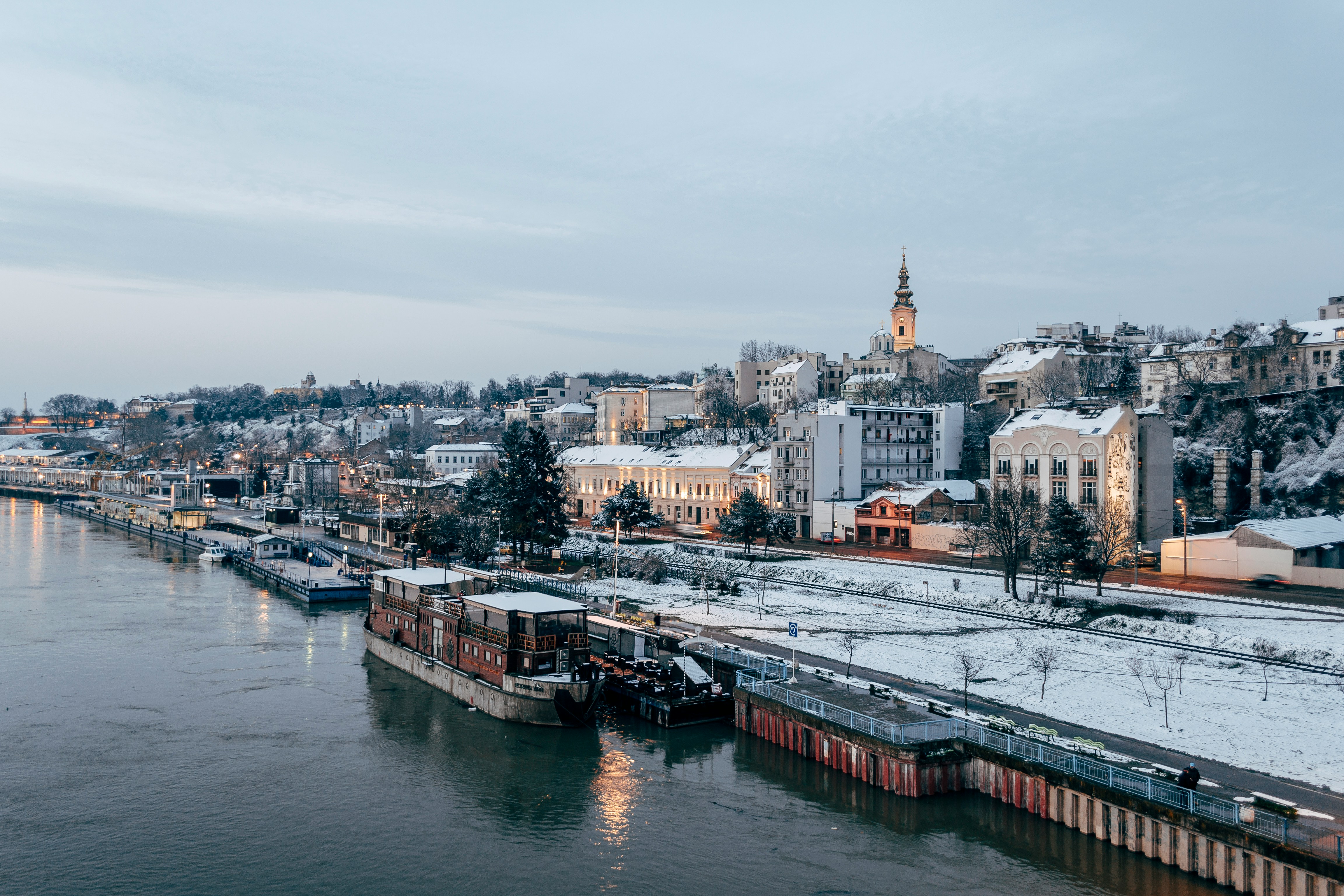
Serbia Self-Employment Visa Requirements
Here are the core documents you’ll need when applying for the self-employment route (via a “single permit” or temporary residence + work permit) in the Republic of Serbia:
General documents needed:
Completed application form (for a visa D or for temporary residence/single-permit as required)
Valid passport (must meet the standard entry/visa requirements)
Recent passport-style photograph(s) (typically color, full-face)
Proof of payment of the prescribed administrative fee
Proof of registered residential address in Serbia (tenancy agreement, landlord’s statement, or similar)
Valid health insurance covering your stay in Serbia
Documents translated into Serbian (if originally issued in another language) by a certified court translator, plus certified copies where required.
Proof of Financial Self-Sufficiency
One of the important special requirements is showing that you have sufficient means to support yourself during your stay. According to the law and rulebook:
Proof of means of subsistence (“means for subsistence/means of support”) must be submitted.
One acceptable form is a bank account in Serbia showing funds at least equal to the minimum salary in Serbia for the year in which the application is submitted.
While there is no publicly fixed amount listed for self-employment permits specifically, using the minimum salary as a benchmark gives a rough figure. For example, if the minimum salary is approximately $400–$500 USD per month in Serbia, then showing at least one year’s worth ($4,800–$6,000 USD) would give a strong case. This is an estimate for planning purposes only; always check the latest number with official sources or a law firm.
Business Registration & Active Activity
Because the purpose is self-employment (running/owning a business) rather than being an employee, there are extra requirements:
Proof of registration of your business activity (you as an entrepreneur/sole proprietor, shareholder in a company, or a registered company in Serbia) aligned with the permitted legal grounds.
A statement or business plan demonstrating the type, scope, and duration of the business, and in some cases, the number and structure of persons you will employ.
Proof of business premises ownership or lease for your activity (contract/lease agreement), where applicable.
Valid Health Insurance
You must provide evidence of valid health insurance covering you for the term of your stay in Serbia. For countries without a bilateral social-insurance agreement, a private insurance policy or proof of funds to cover emergency medical care may be required.
Travel insurance is not accepted; it must be long-term residency health insurance. You can find our recommendations for the best health insurance plans for digital nomads here.
Note: if you will be self-employed, ensure your health insurance covers your business activity and is valid from the day you start operating.
Business Address / Registered Residential Address
You must show a residential address in Serbia, this could be a statement by the landlord or tenancy contract. For the business activity, you may also need to show your company’s registered office or business address in Serbia, depending on the business registration type.
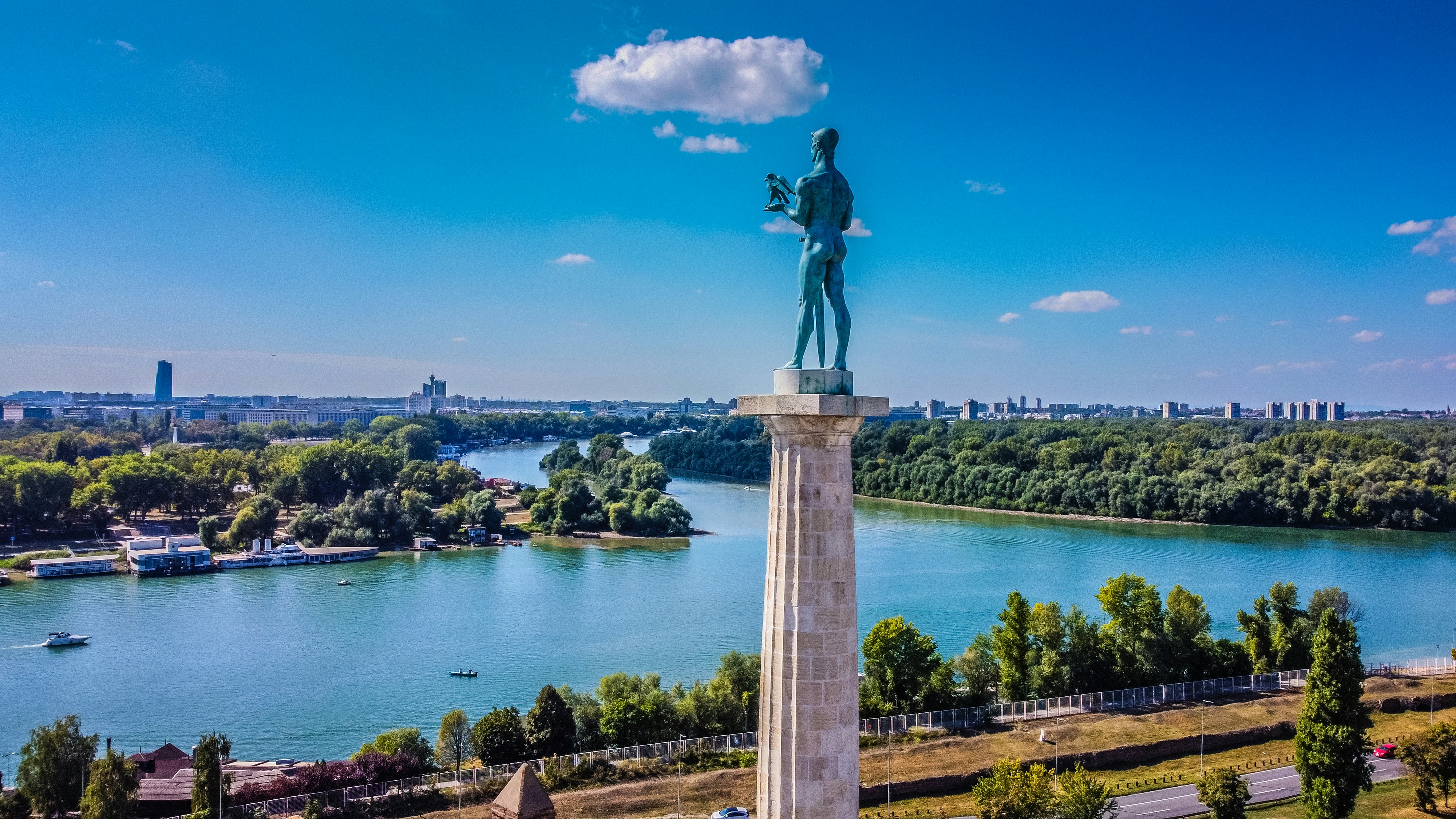
How to Apply for the Serbia Self‑Employment Visa – Step-by-Step Instructions
Applying for the Serbia Self‑Employment Visa is a structured process that requires careful preparation and attention to official requirements. By following each step, you can navigate the process smoothly and confidently.
Step 1: Determine Your Visa Type
The first step is to identify the type of visa or permit you need. Some applicants will require a Visa D (long-stay visa) before entering Serbia, while others may be eligible to apply directly for a temporary residence permit or a single permit that combines residence and work authorization.
Even if you can enter Serbia visa-free for a short period, staying long-term for self-employment purposes requires one of these permits. Understanding the correct category for your situation is essential to avoid delays or complications.
Step 2: Register Your Business Activity
Before applying for your visa or residence permit, you must have your business formally registered in Serbia. This could be as a sole proprietor, a shareholder, or through another recognized business structure. Proof of registration from the Serbian Business Registers Agency is a crucial requirement, as your self-employment visa is granted specifically for running or managing this business. Without official registration, the application will not be processed.
Step 3: Gather Required Documents
Next, collect all necessary documentation to support your application. This includes the completed application form, a valid passport, recent passport-style photographs, proof of financial self-sufficiency, health insurance coverage, proof of your residential address in Serbia, and business registration documents.
Any documents not originally in Serbian must be translated and notarized according to official requirements. Ensuring your paperwork is complete and correctly formatted significantly improves your chances of approval.
Step 4: Submit Your Application
Once your documents are ready, you can submit your application. If you require a Visa D, this is done through the Serbian embassy or consulate in your home country.
If you are applying directly in Serbia for a temporary residence permit or a single permit, the application must be submitted to the local police administration in the district where you plan to reside. Accuracy and completeness are essential at this stage, as incomplete applications can lead to delays or rejection.
Step 5: Attend an Interview (If Required)
Some applicants may be required to attend an interview as part of the application process. This interview can take place at the embassy or the local police administration in Serbia. It serves to verify details about your business activity, financial resources, and living arrangements. Preparing clear and honest answers, along with supporting documentation, can help ensure a positive outcome.
Step 6: Wait for Processing
After submission, your application will undergo official review. Processing times vary: Visa D applications typically take between 15 and 30 days, while temporary residence permits or single permits usually require 30 to 60 days. During this period, authorities may request additional information or documents. Patience and responsiveness during this stage are important to avoid unnecessary delays.
Step 7: Receive Your Visa or Permit
Upon approval, you will collect your Visa D from the embassy or your residence/work permit from the local police administration. Carefully review the validity dates and any specific conditions attached to the permit, such as requirements to actively engage in the business activity you registered. This ensures you remain compliant with Serbian law.
Step 8: Begin Your Self‑Employment Activity
With your visa or permit in hand, you can begin operating your business in Serbia. Make sure you follow all tax obligations, business regulations, and reporting requirements. Staying compliant not only ensures your legal status remains valid but also helps your business thrive in Serbia’s regulatory environment.

Stay Requirements in Serbia
Once you obtain a Serbia Self‑Employment Visa, there are specific requirements you must meet to maintain your legal status in the country. First, your stay is tied directly to your registered business activity. You are expected to actively manage, operate, or oversee the business you registered as the basis of your visa or residence permit. Authorities may request proof of ongoing business activity, such as invoices, contracts, or other documentation demonstrating that your enterprise is operational.
The initial permit is typically issued for up to one year, although the single residence and work permit can be valid for up to three years in some cases. Extensions are possible, but each renewal will require evidence that your business remains active and compliant with Serbian regulations. You are also required to maintain a valid residential address in Serbia throughout your stay. Any address changes must be promptly reported to the local police administration to remain in compliance.
Financial self-sufficiency is another key requirement. You must continue to demonstrate that you have adequate resources to support yourself and any dependents during your stay. This includes maintaining sufficient funds in your bank account or generating enough income from your business activity. Additionally, valid health insurance covering the duration of your stay is mandatory, and failure to maintain coverage may jeopardize your residency status.
Finally, while living in Serbia, you are expected to comply with all local laws, including tax and employment regulations relevant to your business. By meeting these stay requirements, you ensure that your self-employment visa remains valid and that your business can continue to operate smoothly in Serbia.
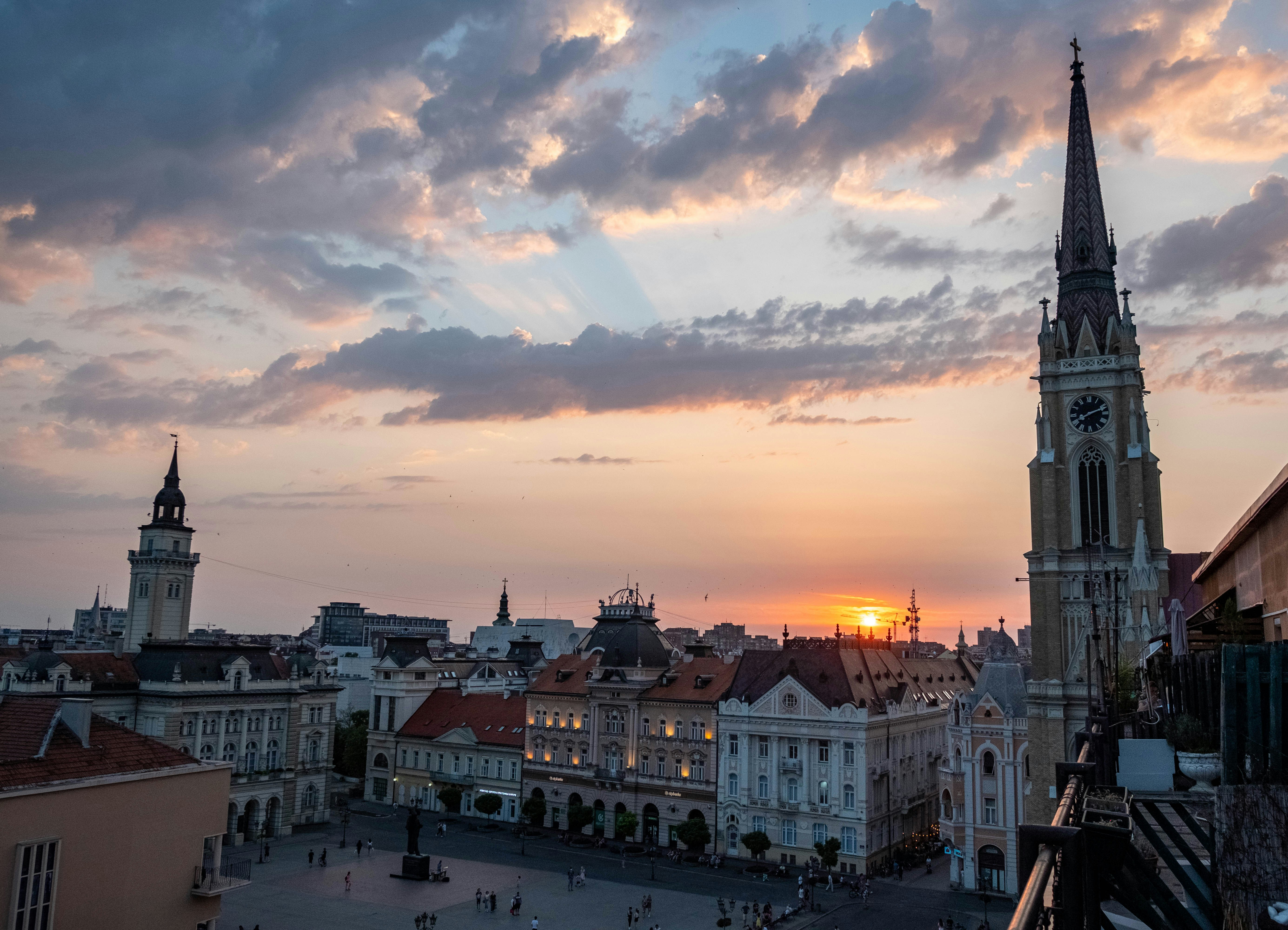
How Much Does the Serbia Self‑Employment Visa Cost?
Applying for a Serbia Self‑Employment Visa involves several fees, which may vary depending on whether you are applying for a Visa D (long-stay visa), a temporary residence permit, or a single permit combining residence and work. The exact cost can depend on your nationality, the type of permit, and where you submit your application. In general, applicants should be prepared for the following fees:
Visa D application fee: Typically ranges from $60 to $80 USD for most foreign nationals. This fee is paid when submitting the visa application at a Serbian embassy or consulate.
Temporary residence permit fee: Usually around $50 to $70 USD for the initial permit, with additional fees for each dependent included in your application.
Single residence and work permit (combined permit) fee: Often ranges from $100 to $150 USD, depending on the length of validity and administrative requirements.
Additional costs: Applicants may incur extra charges for document translation, notarization, and authentication, as well as any fees associated with registering the business or obtaining health insurance.
It is important to note that these fees are approximate and can change over time. Always check with the official Serbian Ministry of Interior or the relevant embassy for the latest fee schedule before applying. Planning for these costs ahead of time ensures a smoother application process and avoids unexpected delays.

Taxes for People with a Serbia Self‑Employment Visa
If you hold a Serbia Self‑Employment Visa, you are considered a resident for tax purposes once you spend more than 183 days in the country during a calendar year or establish your center of vital interests in Serbia. As a resident, you are liable to pay taxes on your worldwide income, while non-residents are taxed only on Serbian-sourced income.
Self-employed individuals must register with the Serbian Tax Administration and obtain a tax identification number. Your obligations depend on the type of business activity you conduct. Most self-employed visa holders operate as sole proprietors or private entrepreneurs, which requires filing regular tax returns and paying both income tax and social contributions.
Income tax in Serbia is progressive, generally ranging from 10% to 15%, depending on your annual income and applicable deductions. Additionally, social security contributions, including pension and health insurance, are mandatory and calculated as a percentage of your declared income. Maintaining accurate financial records is crucial, as the authorities may request proof of business activity and income to confirm that your self-employment remains compliant with visa conditions.
It is also important to keep in mind that VAT registration may be required if your business exceeds the annual threshold for turnover (currently around $8,000–$10,000 USD). Failing to comply with tax obligations can not only result in penalties but also affect your ability to renew or extend your self-employment visa.
Staying informed and compliant with Serbian tax laws ensures that your business operates smoothly and that you remain in good standing with the authorities while living and working in Serbia.
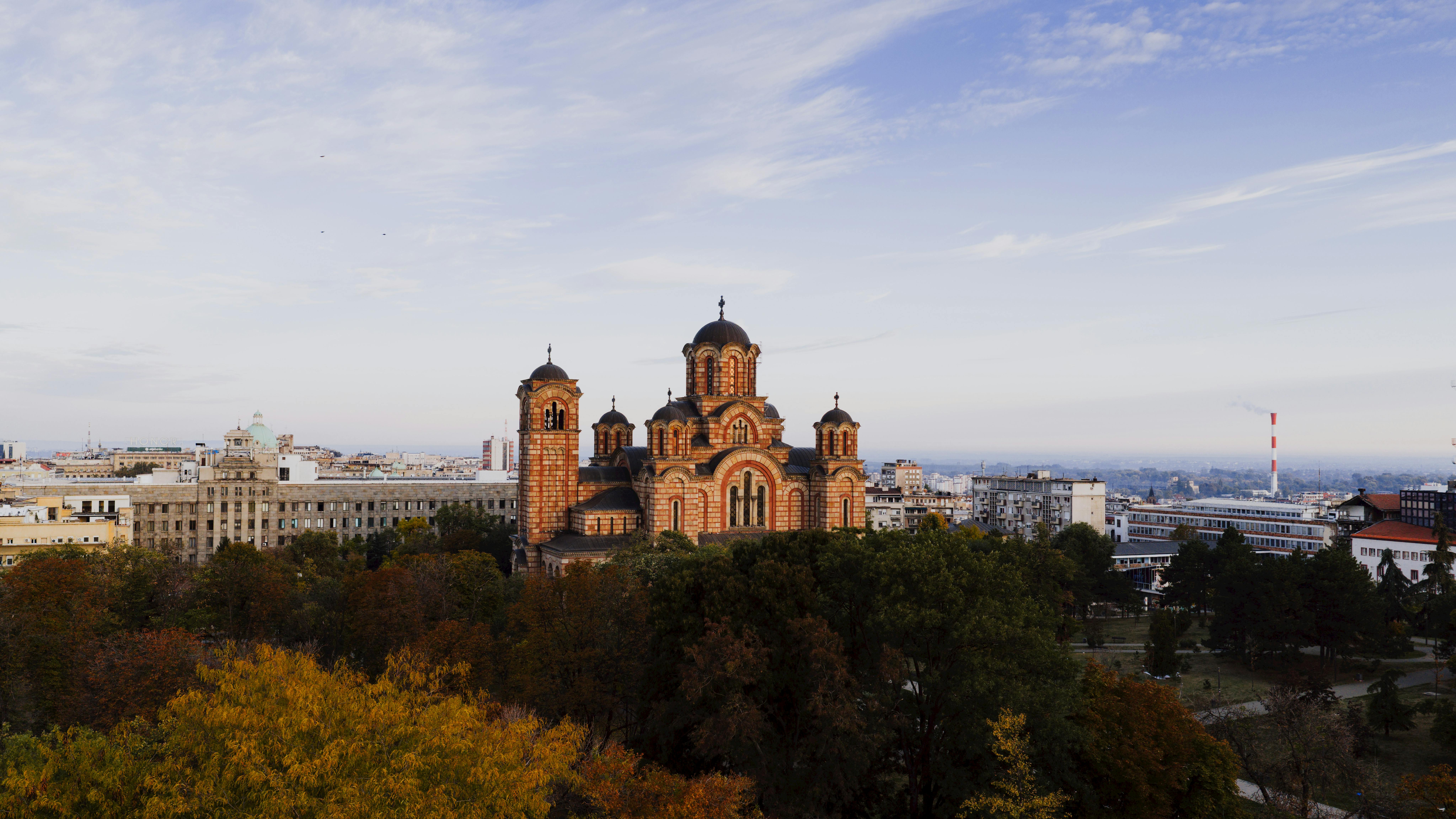
Living in Serbia with the Self‑Employment Visa
Living in Serbia on a Self‑Employment Visa gives digital nomads and remote professionals the chance to experience a vibrant European culture while building or running their own business. Cities like Belgrade and Novi Sad offer a thriving entrepreneurial environment with coworking spaces, networking communities, and a growing tech scene that makes connecting with other professionals easy. Beyond work, Serbia’s rich history, diverse cuisine, and lively cultural scene create a welcoming lifestyle for those seeking a balance between productivity and personal enjoyment. The lower cost of living compared to Western Europe allows self-employed professionals to stretch their budgets while enjoying a high quality of life.
With this visa, you have the legal right to live in Serbia and conduct your registered business. While it does not grant automatic access to the Schengen Area, it provides the flexibility to use Serbia as your operational base in the region. Staying compliant with residency, business, and tax obligations is essential, and you must register properly to access banking, healthcare, and other public services. Securing private health insurance is mandatory, but once all requirements are met, you can fully embrace the opportunities that Serbia offers for remote work, entrepreneurship, and digital nomad living.
Best Cities to Live in Serbia
Belgrade
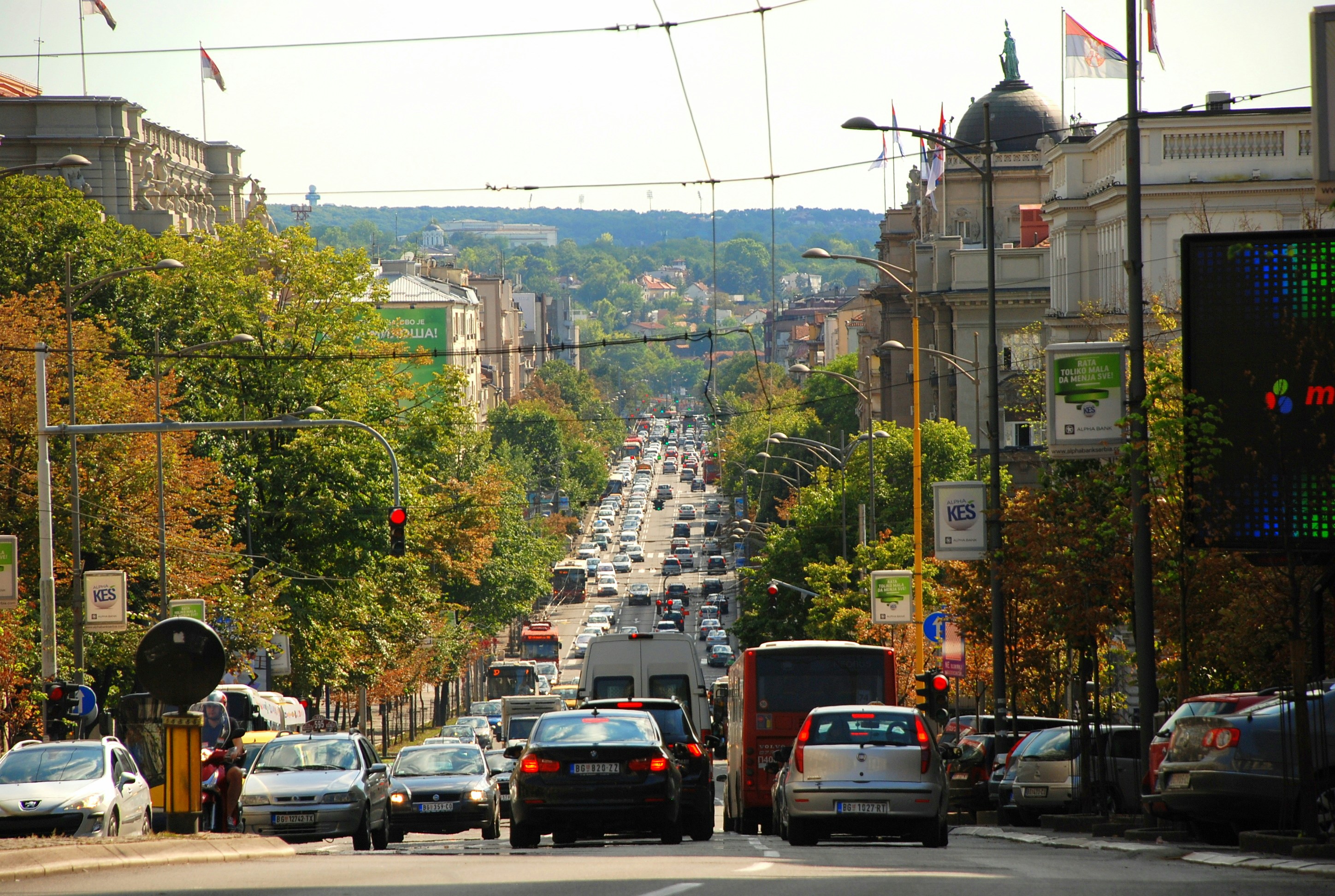
Belgrade, the capital of Serbia, is a vibrant hub for business, culture, and nightlife. As the country’s largest city, it offers a wide array of coworking spaces, entrepreneurial networks, and business opportunities for self-employed professionals. With its blend of historic architecture, modern amenities, and riverside promenades, Belgrade offers both an inspiring work environment and a vibrant urban lifestyle. The cost of living is relatively affordable compared to other European capitals, making it ideal for entrepreneurs looking to maximize their resources while enjoying a dynamic city life.
Novi Sad
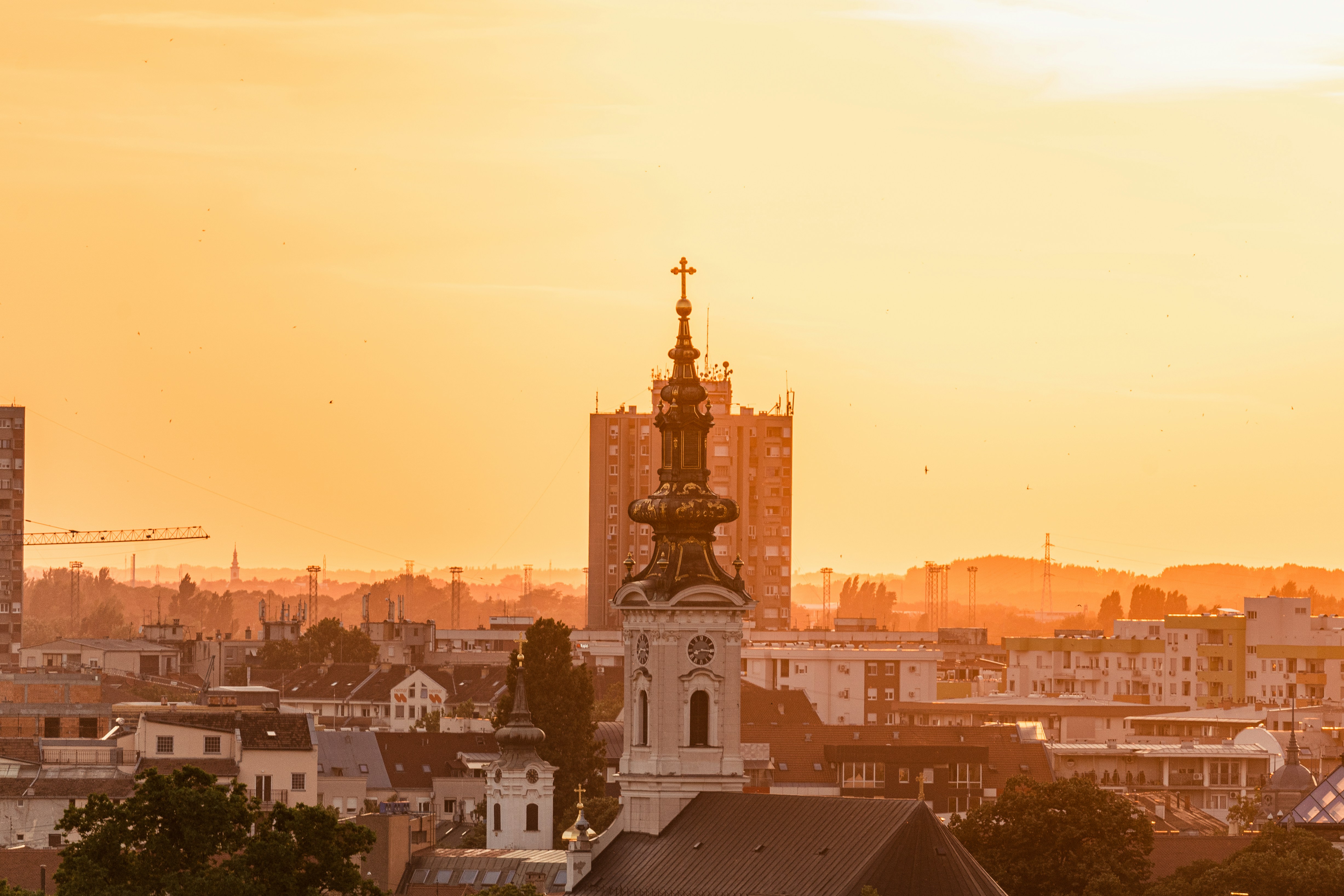
Novi Sad, known as the cultural capital of Serbia, is a smaller yet equally appealing city for self-employed residents. It is home to the famous Petrovaradin Fortress and hosts the renowned EXIT music festival, creating a creative and welcoming atmosphere. The city offers a slower pace compared to Belgrade, while still providing essential services, coworking spaces, and opportunities for networking within the local business community. Its scenic riverside and proximity to natural landscapes make it perfect for those who want a balanced professional and personal life.
Niš
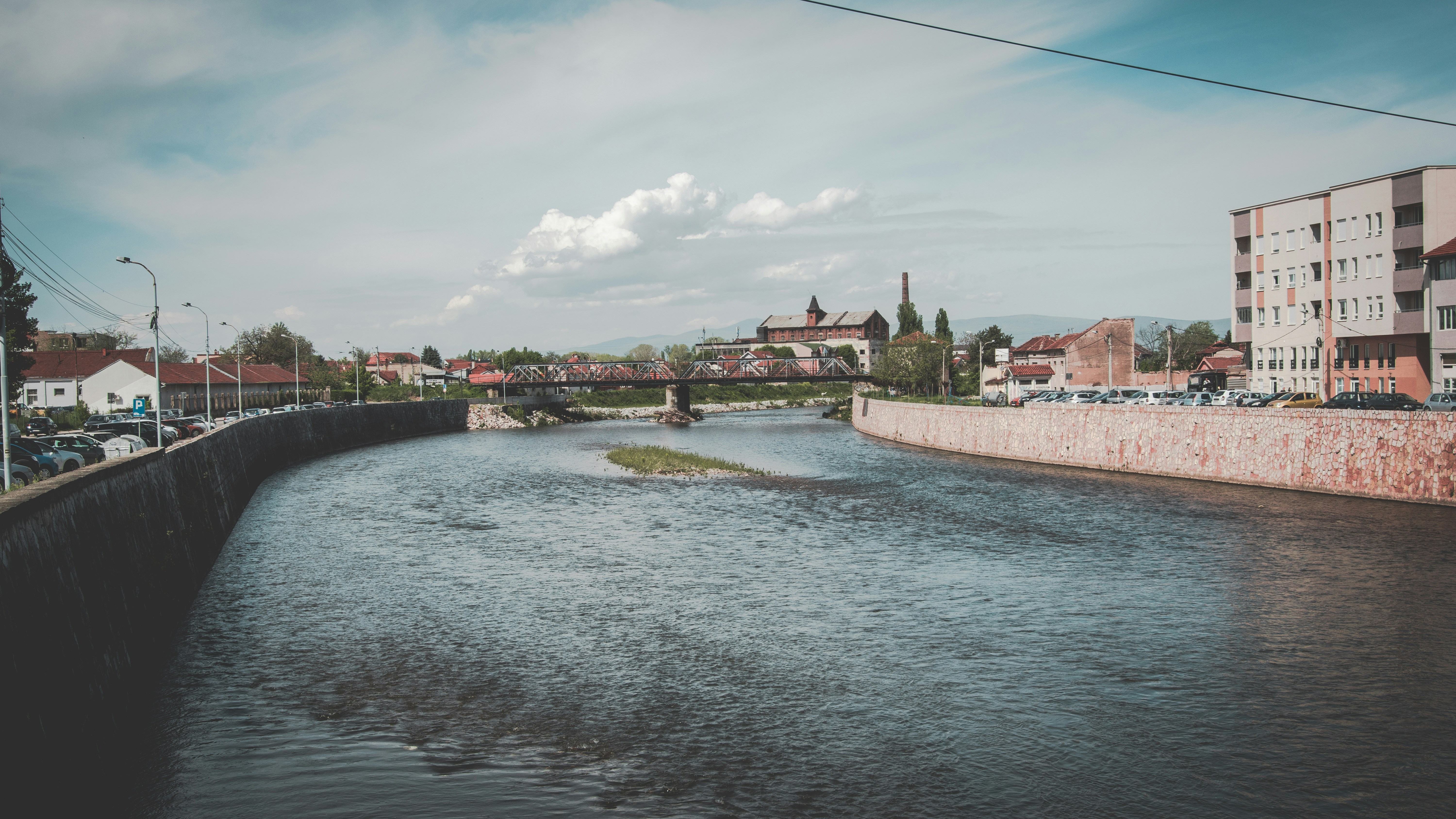
Niš, one of Serbia’s oldest cities, is an emerging destination for entrepreneurs and self-employed individuals. Known for its rich history and strategic location in southern Serbia, Niš provides a lower cost of living, making it ideal for new business ventures. The city is developing rapidly in terms of infrastructure, tech startups, and business support services, while retaining a welcoming community atmosphere. For self-employed professionals seeking affordability without sacrificing access to essential amenities, Niš offers an attractive alternative to Serbia’s larger urban centers.
Cost of Living
The official currency of Serbia is the Serbian dinar (RSD). As of October 27, 2025, 1 USD is approximately equal to 100.82 RSD.
The average net monthly salary in Serbia is around 105,590 RSD, which equates to approximately $1,050 USD.
Here’s a rundown of what you should expect to pay in different cities:
Belgrade
Rent (1 bedroom in city center): Approximately $500–$700 USD per month.
Rent (3 bedrooms outside city center): Around $400–$600 USD per month.
Basic Utilities: Between $100–$150 USD per month.
Wi-Fi: Approximately $20–$30 USD per month.
Public Transport: Public transport in Belgrade is free.
Groceries (2 people): Around $300–$400 USD per month.
Novi Sad
Rent (1 bedroom in city center): Approximately $245 USD per month.
Rent (3 bedrooms outside city center): Around $176 USD per month.
Basic Utilities: Approximately $143 USD per month.
Wi-Fi: Around $23 USD per month.
Public Transport: Public transport in Novi Sad is free.
Groceries (2 people): Approximately $300–$400 USD per month.
Niš
Rent (1 bedroom in city center): Approximately $185 USD per month.
Rent (3 bedrooms outside city center): Around $130 USD per month.
Basic Utilities: Approximately $100 USD per month.
Wi-Fi: Around $18 USD per month.
Public Transport: Public transport in Niš is free.
Groceries (2 people): Approximately $250–$350 USD per month.
FAQs
Who can apply for a Serbia Self‑Employment Visa?
Foreign nationals who plan to register and actively run their own business in Serbia, either as a sole proprietor, shareholder, or company owner, can apply. The visa is specifically intended for individuals who will be self-employed rather than employed by a Serbian company.
How long does it take to get the visa or permit?
Processing times vary depending on the type of application. A Visa D typically takes 15–30 days to process at a Serbian embassy or consulate, while a temporary residence or single residence/work permit in Serbia usually takes 30–60 days.
Do I need to show proof of financial self-sufficiency?
Yes. Applicants must demonstrate that they have sufficient funds to support themselves during their stay. A commonly used benchmark is at least one year of Serbia’s minimum salary, roughly $4,800–$6,000 USD.
Can I include my family members on my visa?
Dependents, such as a spouse or children, can usually be included, but separate documentation and fees may apply. Each dependent must meet residency requirements and have proper health insurance coverage.
Am I required to pay taxes in Serbia if I have this visa?
Yes. As a self-employed visa holder, you must register with the Serbian Tax Administration and pay income tax, social contributions, and potentially VAT if your business exceeds the turnover threshold. Compliance is essential to maintain your visa status and to renew it in the future.
Author
Nadia Dardón is a content creator from Guatemala. She has worked fully remotely for the past six years as a copywriter, editor, and content creator, working for different industries. She started her digital nomad journey in 2022 and currently lives as an expat in Spain.
